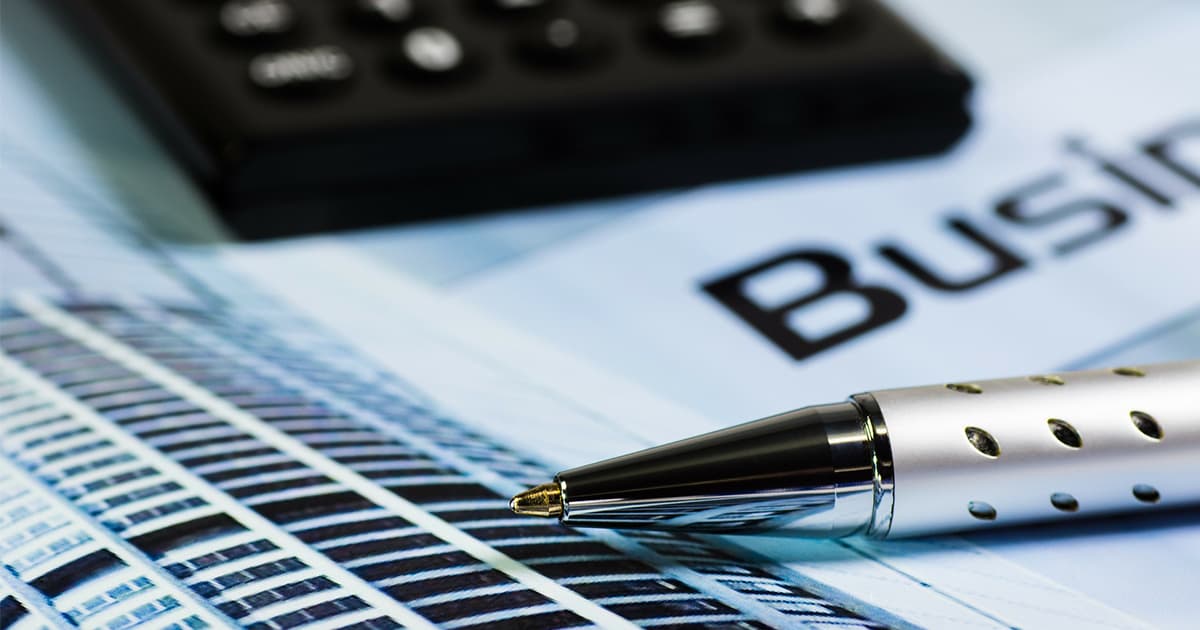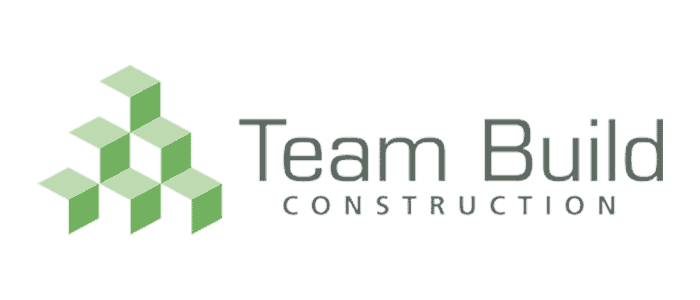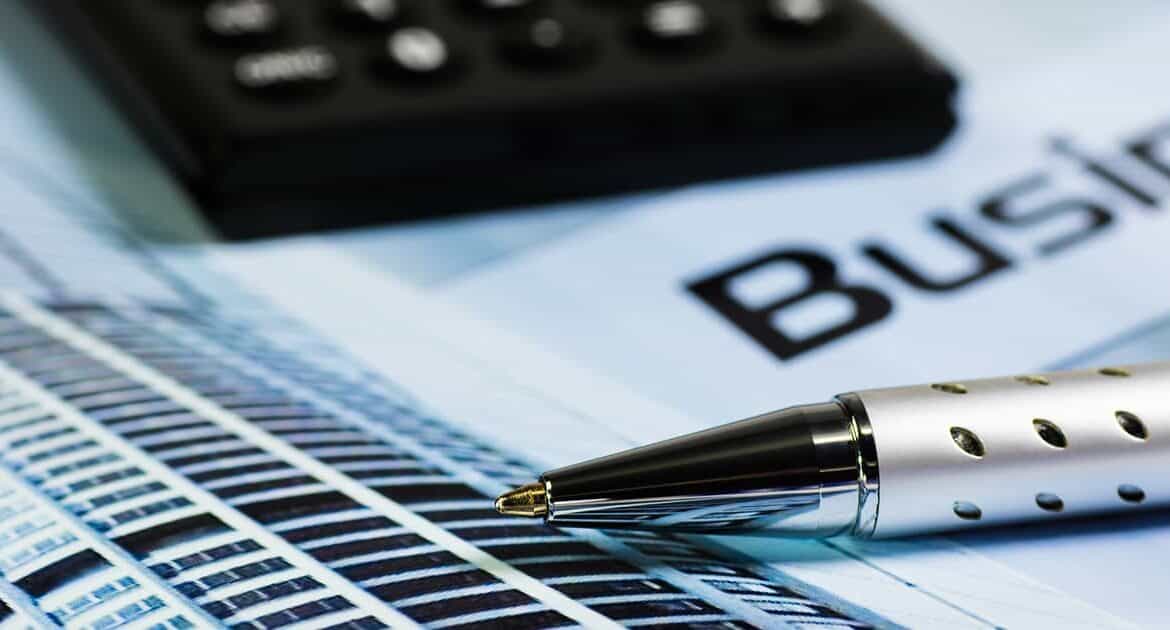If you run your own business, then you might be considering buying a commercial property. Whether you need an office, retail, leisure or industrial space, there are many benefits to owning your own property for business use. Just like buying residential property, it is a significant investment, and there are a lot of aspects that must be considered.
Before you buy a property for business use, you should think about what kind of space you need, how your business will grow within it, and whether you will need a commercial property refurbishment. This mini-guide covers everything you need to know about buying a commercial property.
Carefully Considered Location
The location of your commercial property is one of the few things you can’t change after purchasing. Most other parts of a building could be suited to your needs with a commercial property refurbishment, but the location is permanent and important to get right.
Think about what the property will be used for. Will you need to meet with clients on the premises? Will staff need to be able to reach the property easily or are you primarily working alone? A central location with good transport links might be essential for some businesses, but others might find a remote location meets their needs and is more cost-effective.
Find Your Perfect Property
Once you’ve determined the ideal location, the next step is finding a commercial property that works for you. Decide the type of property you need, the four types of commercial buildings are retail, office, leisure or industrial. Think about the features you will need at your business, such as parking, local amenities and equipment.
All commercial properties are split into classes that are determined by legislation; it is essential you choose a commercial property with the right planning use for your business.
Decide On Commercial Property Refurbishment
After you have found your perfect business premises, you might need to factor in costs and timings for any refurbishments it needs. You might want to change some aspects of the building to suit your needs better, and this is a large investment that you will need to calculate.
Find out if you will require planning permission for your planned refurbishment project, which could also include a change of use for the commercial property. It is then a good idea to get some quotes from local builders to get a good understanding of the overall scope and cost involved.
Calculate All Your Costs

Buying a commercial property is a huge investment, and it is vital that you properly calculate all the costs involved. In addition to the cost of the property itself, you will also need to pay estate agent fees, legal fees, stamp duty, VAT and more. On top of these initial outgoings, you should also work out the ongoing costs of maintaining your new commercial property. This could include insurance, utilities, repairs and maintenance, security, cleaning, mortgage repayments, and local authority charges.
Business rates are also a huge cost that you will need to work out. This is a tax that is charged on non-domestic buildings and is calculated by multiplying the value of a commercial property by the Uniform Business Rate (UBR). Your local council will give you a bill for your business rates every year.
Secure Your Finance
When you know all the costs involved with buying your commercial property, you need to secure your finance. Whether you are taking out a business loan, a commercial mortgage, or putting up the money upfront, you need to make sure everything is in order. If you are applying for a commercial mortgage, then there is a significant amount of information that lenders will require from you.
Most lenders will ask for details such as a business plan, a repayment proposal, business bank statements and copies of accounts. Most commercial mortgages range between three and 25 years, and it is often worth seeking professional advice from a broker before deciding on your mortgage.
Complete The Sale
Much like buying a residential property, the final stages include putting in an offer and exchanging contracts. Once you have put in an offer and it has been accepted, you should get a local authority search on the property to make sure there are no issues that you are not already aware of.
This search includes building regulations, planning applications and transport developments. As soon as you and the seller are happy with everything, you can advise your estate agent and solicitor to exchange contracts.

